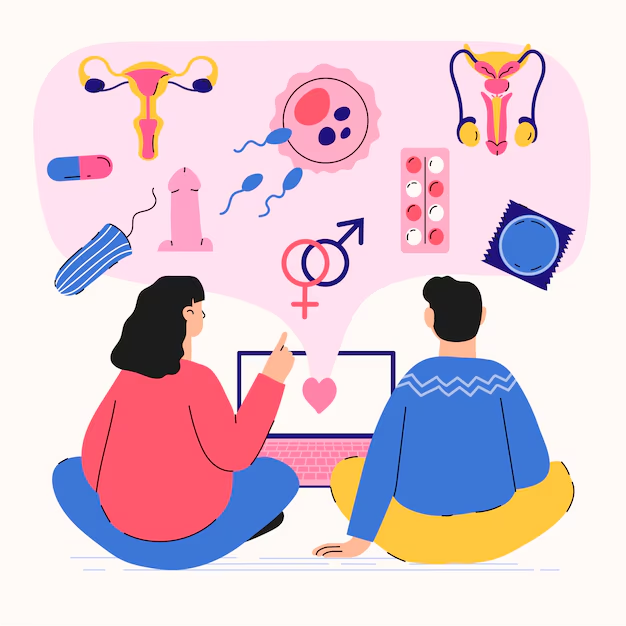Getting expert advice if needed

Pregnancy is one of the most profound experiences in a woman’s life, filled with physical changes, emotional shifts, and countless questions. Whether it’s your first time or you’re adding another member to your family, every pregnancy is unique and sometimes, expert guidance becomes essential to ensure the well-being of both mother and baby.
In this article, we explore why, when, and how you should seek expert advice during your pregnancy cycle, and how it can enhance not just your health but your relationship and peace of mind too.
Why Expert Advice Matters During Pregnancy
Pregnancy is more than just a biological process it’s an emotional, psychological, and relational journey. The advice and support of healthcare professionals, therapists, and relationship counselors can make a significant difference in how you experience this special time.
Here’s why expert input is invaluable:
-
Accurate Information: There is a flood of information online, much of it conflicting. Experts offer evidence-based guidance tailored to your specific health needs.
-
Early Detection of Complications: From gestational diabetes to preeclampsia, regular check-ins can help spot problems early.
-
Mental Health Support: Mood swings, anxiety, and even prenatal depression are real. A professional can provide tools to cope.
-
Relationship Counseling: The stress of pregnancy can sometimes strain even the strongest relationships. A counselor can help couples strengthen their bond.
When to Seek Expert Help
Knowing when to reach out for professional advice can prevent small concerns from becoming bigger issues. Here are key times to consider it:
1. Preconception and Early Pregnancy
-
Fertility challenges
-
Understanding ovulation and cycle tracking
-
Confirming pregnancy and setting prenatal care
2. During Each Trimester
-
Physical discomforts (e.g., nausea, back pain)
-
Emotional ups and downs
-
Monitoring baby’s growth and development
3. Relationship Challenges
-
Misalignment of expectations
-
Navigating intimacy during pregnancy
-
Co-parenting preparation and shared responsibilities
4. When You’re Overwhelmed
-
Feeling anxious or depressed
-
Trouble sleeping or eating
-
Feeling isolated or unsupported
Types of Experts You May Need
Pregnancy often requires a multi-disciplinary support team. Depending on your situation, you may consider:
-
Obstetrician/Gynecologist (OB/GYN): For medical care throughout your pregnancy.
-
Midwife: For a more natural and personalized birthing experience.
-
Maternal-Fetal Medicine Specialist: For high-risk pregnancies.
-
Therapist or Counselor: For emotional and relationship support.
-
Lactation Consultant: To help with breastfeeding preparation.
-
Nutritionist: For dietary advice tailored to pregnancy needs.
How to Find the Right Expert
-
Referrals: Ask your primary doctor or OB/GYN for trusted recommendations.
-
Online Reviews & Ratings: Use health directories and platforms to vet credentials and experiences.
-
Support Groups: Local or online mom groups often have real-time insights on who to trust.
-
Compatibility: It’s okay to switch providers if you don’t feel comfortable or heard this is your journey.
Expert Advice and Intimacy in Pregnancy
Pregnancy can change your body, hormones, and how you feel about sex and affection. You and your partner might have mismatched libidos or concerns about safety. A qualified counselor or OB/GYN can address:
-
Misconceptions about sex during pregnancy
-
Emotional distance or communication breakdowns
-
Navigating changing body image and self-esteem
Getting support in this area strengthens not just your relationship but your overall well-being.
Related Articles

How movement boosts mood

Planning your maternity leave

Gentle exfoliation tips

How pregnancy affects intimacy

Baby development at 37 weeks

Your Comprehensive Guide to Improving Fertility and Successfully Conception

How hormones change across your cycle

Gentle stretches or yoga poses